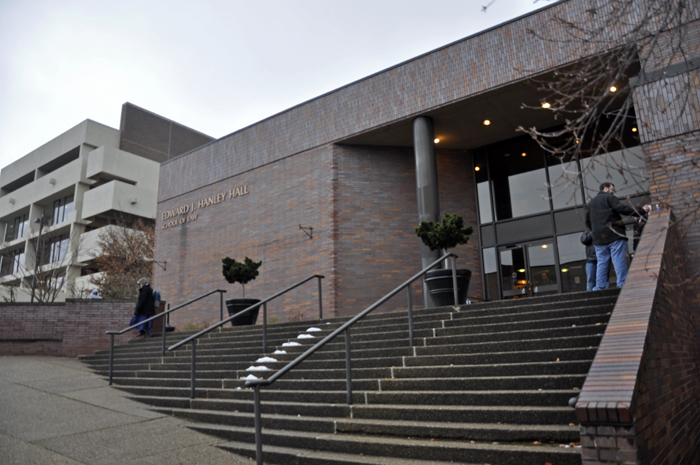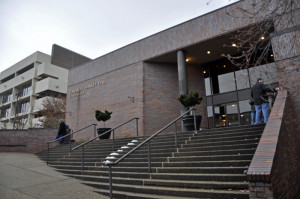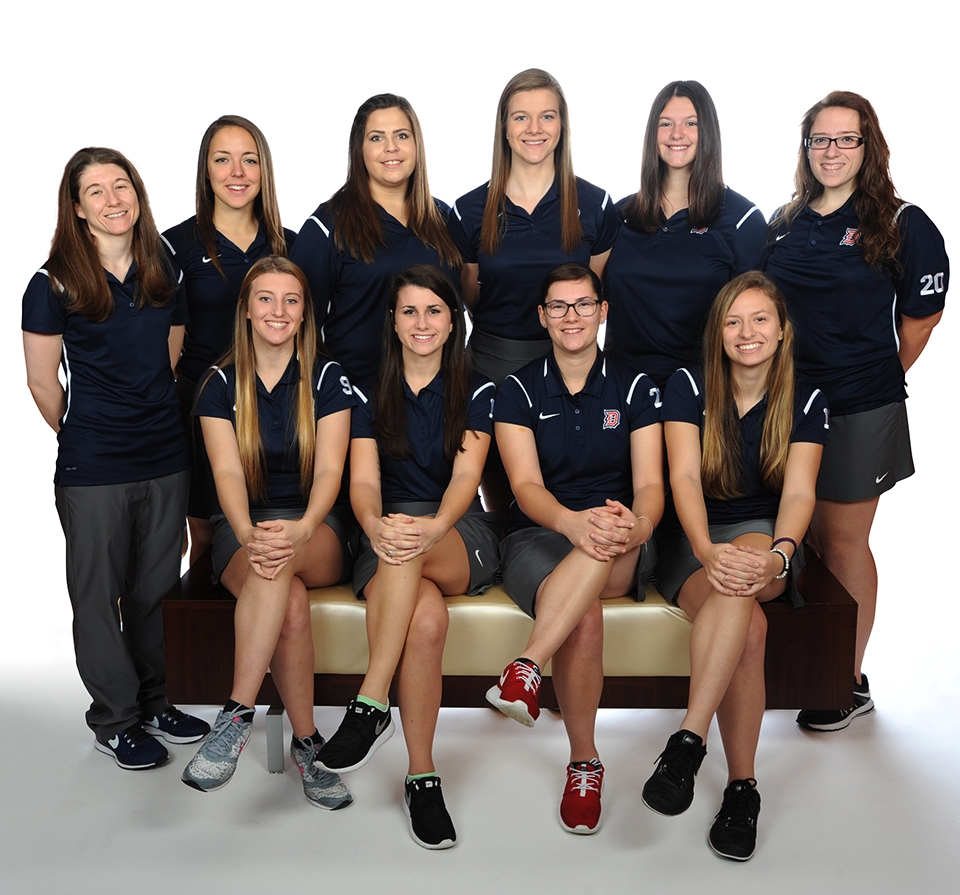

By Brandon Addeo | The Duquesne Duke
Duquesne’s law school suffered a drop in enrollment in the 2014-15 academic year, a trend that has affected schools across the country.
First-year enrollment at Duquesne for the current academic year is 124 students, a decrease from 138 in fall 2013 and 139 in fall 2012, according to assistant dean of enrollment Sarah Rethage.
The total enrollment of Duquesne’s school of law is currently 424 students, which has fallen 13 percent from the previous year’s enrollment of 488 students.
Nationwide, law schools have had the lowest first-year enrollment numbers in 40 years, at 37,924 students, a 4.4 percent decrease from last year, according to recently released figures by the American Bar Association.
The total number of law school enrollees has fallen as well: 119,755 students are currently enrolled nationwide, a 6.9 percent drop from 2013 and also the lowest enrollment numbers in more than 30 years, according to American Bar Association statistics.
Duquesne law school Dean Ken Gormley said the economic downturn of the late 2000s has caused a lack of jobs in the legal sector.
Gormley said the lack of legal positions has directly affected law school enrollment.
“Every law school in the country has dealt with [the lack of jobs in the market],” Gormley said. “We have been very conscious about trying to deal with it in an intelligent fashion.”
Gormley said that over the past five years the law school has been shrinking class sizes and admitting fewer, more qualified students into the law program.
Some factors that the law school takes into consideration during the admissions process include the LSAT standardized test, cumulative undergraduate GPA and a submitted résumé, according to Rethage.
“We made sure that people we accepted were people who were going to succeed,” Gormley said. “Some [law] schools have panicked and admitted anyone with a pulse, which we refuse to do … I think our strategy has been the right one.”
Some law schools have been admitting too many students in recent years, many of which would fail the bar exam, according to Gormley.
Technology has also decreased the amount of jobs in the legal market, as some legal processes are becoming increasingly automated, Gormley said.
Gormley said that he believes as the economy rebounds, the job market may rebound as well, as the demand for legal professionals begins to increase again.
“We’re going to have to replenish the supply sometime,” Gormley said. “All of the signs are … positive that we’re reaching the bottom of this drop.”
Gormley said law degrees are increasingly being used in professions outside traditional law firms. Locally, graduates have been finding jobs in the energy field associated with Marcellus Shale.
“Some of those [jobs] aren’t necessarily jobs you need a law degree for, but they’re jobs they wouldn’t get if they didn’t have a law degree,” Gormley said.




